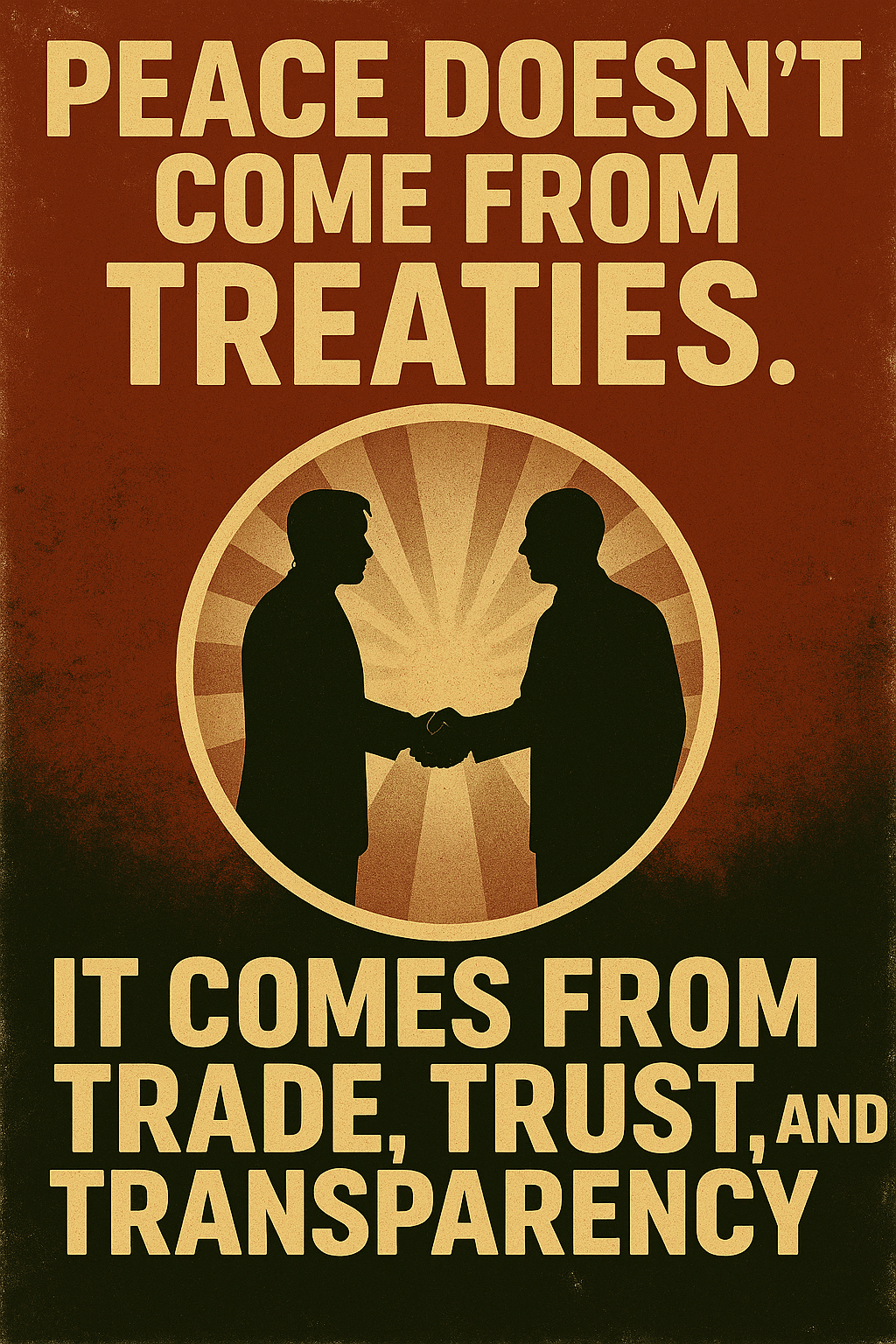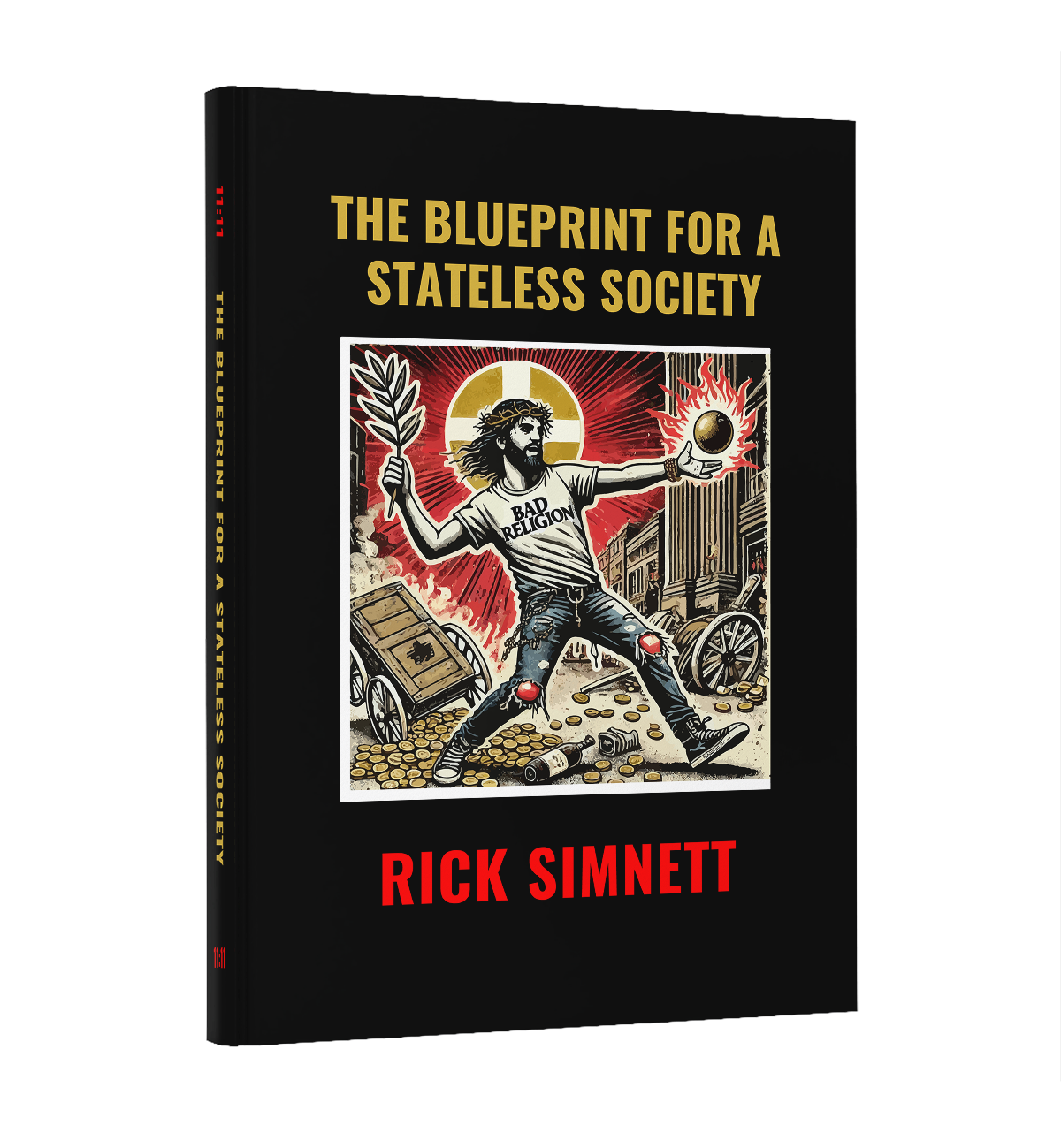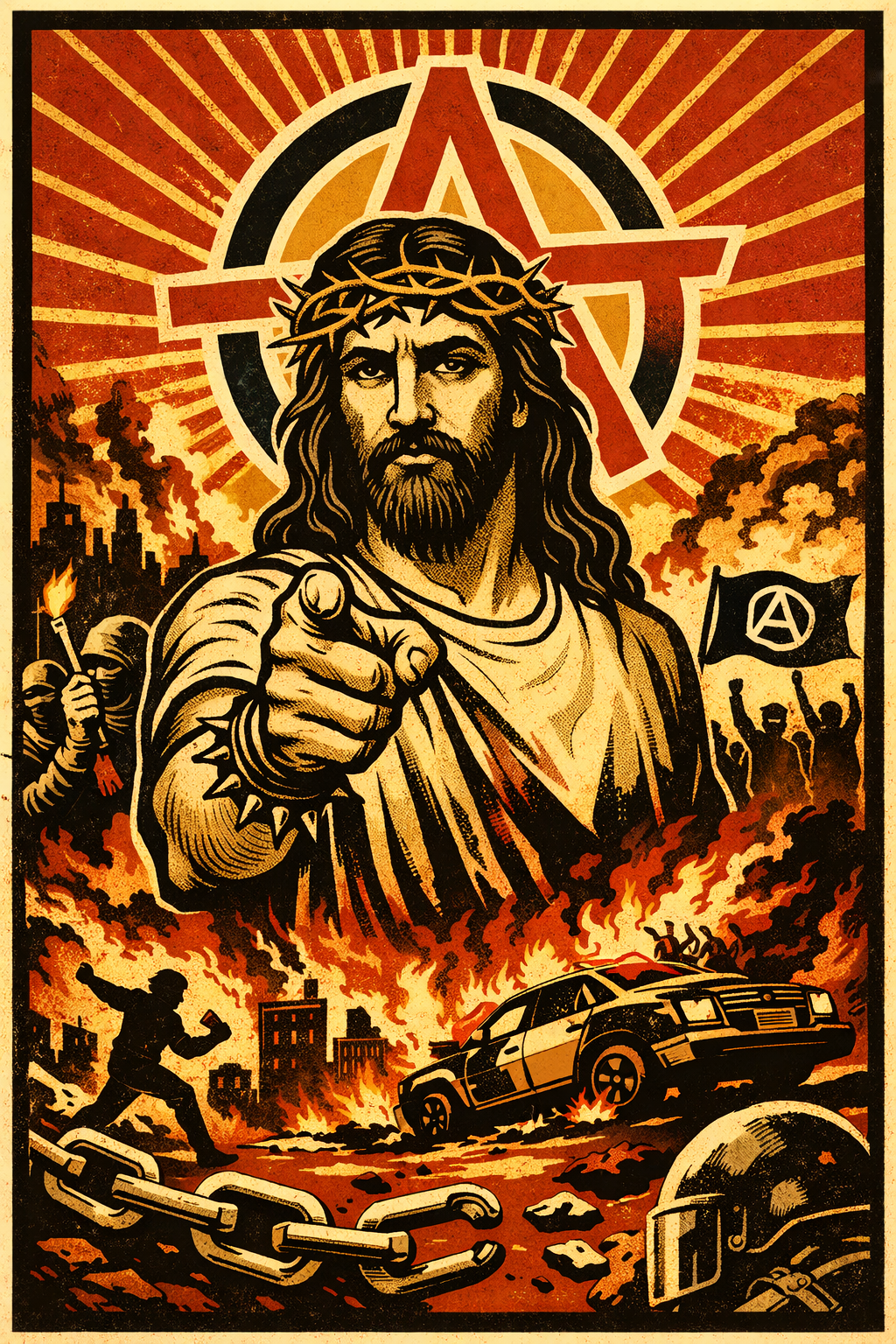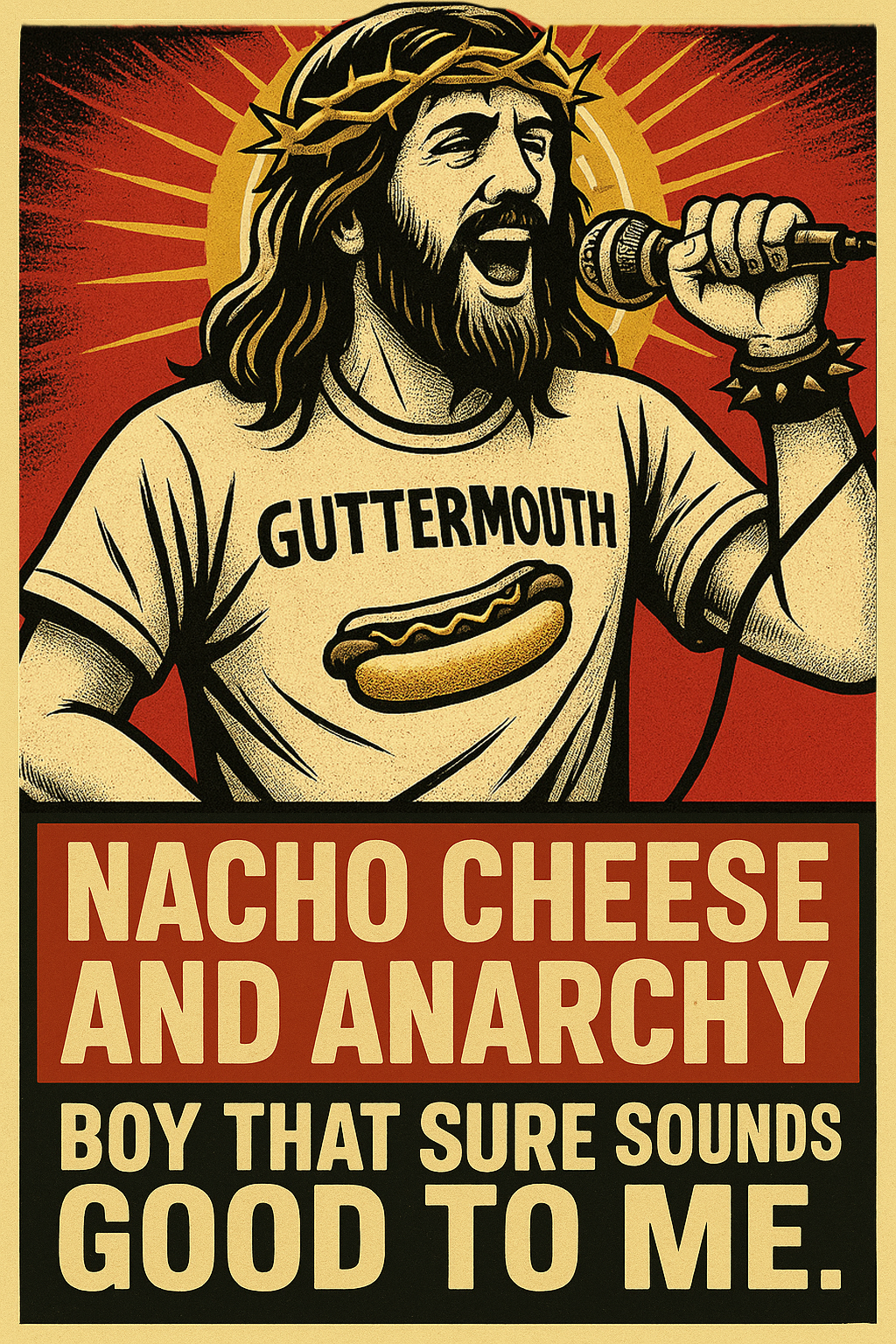The Illusion of Paper Peace
Treaties have been humanity’s go-to “peace solution” for centuries. Leaders gather in grand halls, pens hover over fine parchment, and cameras flash as they sign their names. For a moment, the world breathes a sigh of relief. The news hails the event as a “historic step toward peace.”
But what happens next?
Often, nothing changes except the headlines. The ink dries, the handshakes fade, and behind closed doors, the same power games continue. Treaties are not magic spells; they are political theater. They may freeze conflict temporarily, but they rarely remove the root causes of hostility — distrust, scarcity, and coercion.
Paper can’t hold peace. People can.
Why Trade Works Where Treaties Fail
Trade is the great equalizer. When two individuals, businesses, or nations exchange goods or services voluntarily, both sides walk away better off. There’s a built-in incentive to maintain the relationship because mutual benefit replaces mutual suspicion.
If your neighbor sells you bread and you sell him shoes, neither of you is eager to burn the other’s shop down. War destroys customers, suppliers, and profit — all the lifelines that make daily life possible. History proves that countries with deep economic ties are far less likely to wage war against each other.
Trade creates a shared interest in stability. Treaties only create shared signatures on paper.
The Power of Trust
Trade is only sustainable when both sides believe the other will honor their word. Trust can’t be legislated; it has to be earned. That happens through consistent, transparent interactions — knowing that promises will be kept without having to threaten force.
In a decentralized system, trust flows from reputation and track record, not political leverage. Blockchain systems, smart contracts, and peer-to-peer ratings can now verify honesty without bureaucrats or intermediaries. When the rules are transparent and the outcomes predictable, trust grows — and with it, peace.
Transparency: The Catalyst for Cooperation
Corruption festers in the dark. Transparency brings it into the light.
When deals, transactions, and decision-making processes are visible to all participants, deception becomes far more difficult to pull off. This is why decentralized marketplaces and open-ledger systems are so revolutionary — they strip away the secrecy that fuels mistrust and conflict.
Transparency in trade doesn’t just prevent fraud; it fosters understanding. When each side can see the value exchanged and the fairness of terms, suspicion fades.
The Bottom-Up Peace Process
Treaties come from the top down, imposed by politicians who have their own incentives — often tied to reelection, power, or control. True peace comes from the bottom up, built by ordinary people choosing cooperation over conflict in their daily lives.
When millions of individual exchanges weave together into a fabric of mutual benefit, no politician’s pen can tear it apart. The peace is real because it’s lived, not declared.
This Is the Peace The Blueprint Envisions
Like what you just read? This is exactly what The Blueprint for a Stateless Society advocates — replacing coercion with consent, replacing political agreements with economic cooperation. If you want to see how this vision scales from two people trading on a street corner to entire societies operating without centralized rulers, download the Blueprint and see for yourself.




